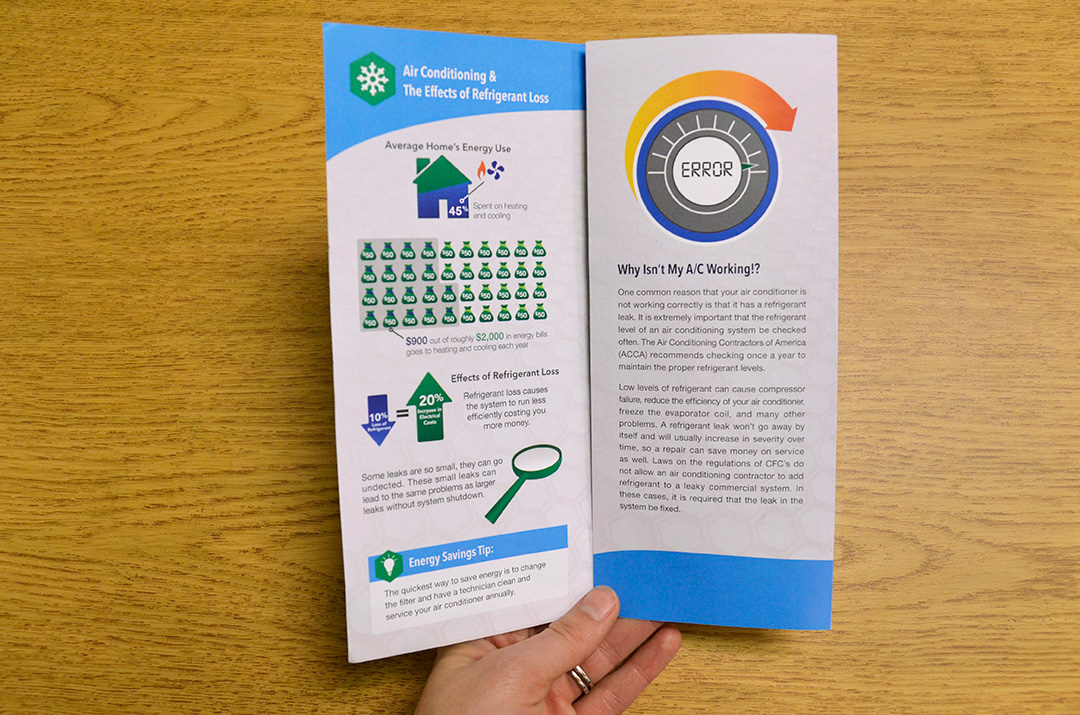Find Out How To Optimize The Performance And Life Expectancy Of Your Heat Pump System By Avoiding Standard Setup Blunders
Find Out How To Optimize The Performance And Life Expectancy Of Your Heat Pump System By Avoiding Standard Setup Blunders
Blog Article
Team Author-Dowling Carson
When installing a heat pump, you should steer clear of typical blunders that can jeopardize its efficiency. Ignoring https://best-hvac-contractor-near09763.jaiblogs.com/57489080/enthralled-by-the-developments-in-heatpump-technology-find-out-how-it-may-redefine-your-home-s-convenience-and-improve-power-performance may result in inefficiencies and greater energy prices. Neglecting insulation and sealing might lead to power wastefulness and strain on the system. Additionally, positioning the outside unit inaccurately might impact its performance. By avoiding these errors, you can ensure ideal working and resilience of your heatpump system.
Improper Sizing of Heat Pump
When it involves the setup of heatpump, among the most usual errors is poorly sizing the unit for your space. Ensuring the best dimension is critical for ideal performance. If the heat pump is as well small, it will struggle to heat or cool your space successfully, bring about increased power bills and prospective deterioration on the system.
On the other hand, if the heat pump is too big, it will cycle on and off often, causing temperature variations and minimizing its life expectancy.
To avoid this error, it's necessary to have a professional analyze your area and advise the proper dimension of the heatpump based upon factors like square footage, insulation, ceiling elevation, and local environment. By investing the time and initiative to make sure the correct sizing, you can appreciate a comfy atmosphere while making best use of power efficiency and extending the lifespan of your heatpump.
Inadequate Insulation and Sealing
To ensure the reliable operation of your heatpump, it's essential to deal with insufficient insulation and securing in your area. Proper insulation aids keep a constant temperature indoors, minimizing the work on your heat pump. Inadequate insulation can cause power loss, making your heat pump work harder and much less efficiently.
Sealing any kind of voids or leaks in your space is just as important. These voids permit conditioned air to get away and outside air to seep in, requiring your heatpump to make up for the temperature variations.
Wrong Positioning of Outdoor Unit
Dealing with the placement of your heat pump's outdoor unit is essential to enhancing its efficiency. Mounting the exterior system in an incorrect location can cause effectiveness concerns and potential damage to the unit.
One usual error to avoid is positioning the outdoor unit as well near to a wall surface or other frameworks. This can restrict air flow, triggering the device to work tougher to warmth or cool your space, ultimately lowering its effectiveness and life expectancy.
Another mistake to steer clear of is putting the outdoor device in direct sunlight. While some sunshine is unavoidable, extreme exposure can bring about overheating, especially throughout hot summer days. It's finest to place the outdoor unit in a shaded location to assist maintain its optimal operating temperature.
Furthermore, see to it that the outside system is placed on a stable and degree surface area. https://air-conditioning-speciali09876.ziblogs.com/30596271/set-up-your-home-for-heat-pump-installation-with-important-steps-focused-on-optimizing-both-efficiency-and-performance can create resonances and unneeded strain on the system, impacting its efficiency with time.
air conditioning specialists , preventing usual errors during heatpump installment is crucial for taking full advantage of efficiency and long life of your system. By making certain proper sizing, ample insulation, sealing, and proper placement of the outdoor unit, you can stop concerns such as ineffectiveness, raised energy costs, and pressure on the unit. Putting in the time to address these crucial elements will inevitably conserve you money and time in the future.
